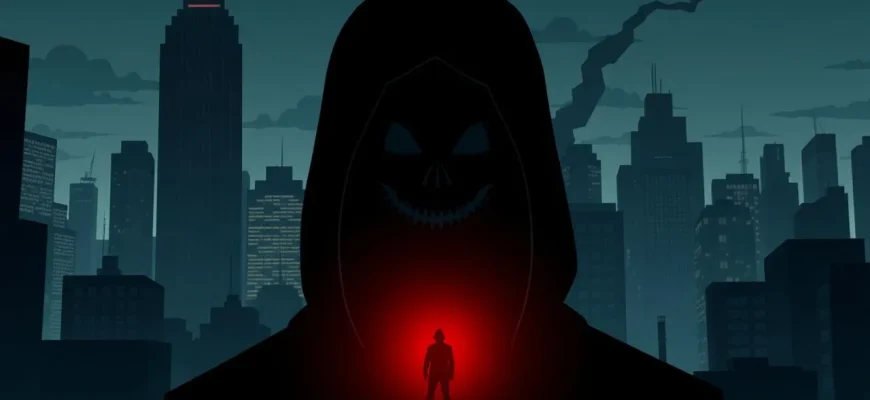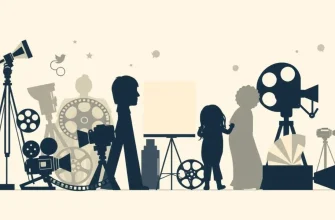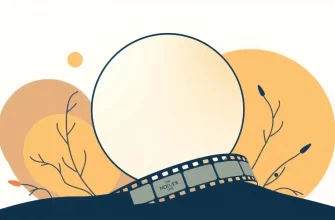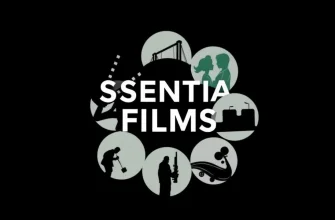This curated list of films explores the multifaceted nature of evil, from psychological thrillers to epic tales of moral decay. Each film offers a unique perspective on what it means to be truly malevolent, providing viewers with a chilling insight into the darker aspects of human nature. Whether you're fascinated by the psychological intricacies of villainy or the grand narratives of corruption, this collection is sure to captivate and provoke thought.
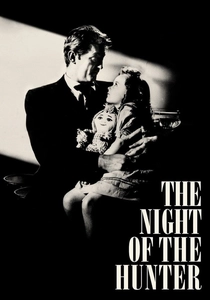
The Night of the Hunter (1955)
Description: A noir thriller where a false preacher with "LOVE" and "HATE" tattooed on his knuckles embodies evil in his pursuit of hidden money, showcasing the duality of human nature.
Fact: Robert Mitchum's performance as the villainous preacher is considered one of the greatest in film history. The film was Charles Laughton's only directorial effort.
 Watch Now
Watch Now
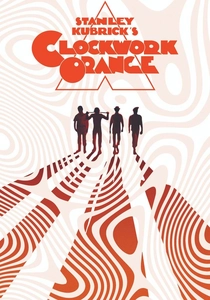
A Clockwork Orange (1971)
Description: Stanley Kubrick's film examines the concept of free will and the nature of evil through the story of Alex, a charismatic but violent youth.
Fact: The film was banned in several countries due to its violent content. Kubrick himself withdrew the film from UK cinemas in 1973 after threats were made against his family.
 Watch Now
Watch Now
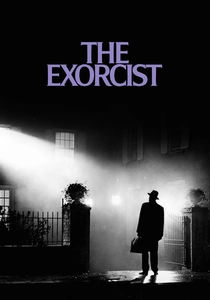
The Exorcist (1973)
Description: This horror classic explores the battle between good and evil through the possession of a young girl, highlighting the terrifying aspects of demonic influence.
Fact: The film was nominated for ten Academy Awards, winning two. It was the first horror film ever to be nominated for Best Picture.
 Watch Now
Watch Now
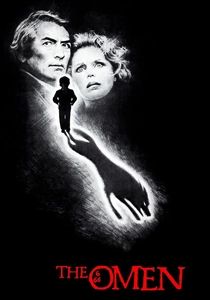
The Omen (1976)
Description: This horror film revolves around the Antichrist, exploring themes of destiny, evil, and the supernatural, with a chilling portrayal of the devil's child.
Fact: The film's eerie score, particularly "Ave Satani," was nominated for an Academy Award for Best Original Score. The movie was followed by several sequels.
 Watch Now
Watch Now
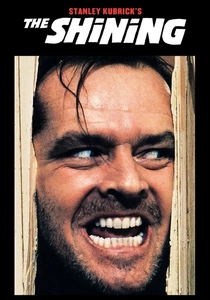
The Shining (1980)
Description: Stanley Kubrick's adaptation of Stephen King's novel, where isolation, madness, and the supernatural converge to explore the dark side of human psyche.
Fact: The film's famous "Here's Johnny!" line was improvised by Jack Nicholson. The Overlook Hotel was designed to be an impossible space, with rooms and hallways that don't logically connect.
 Watch Now
Watch Now
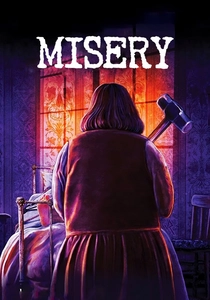
Misery (1990)
Description: Based on Stephen King's novel, this film portrays the obsessive and terrifying nature of a fan's love, showcasing the dark side of fandom and isolation.
Fact: Kathy Bates won an Academy Award for Best Actress for her role as Annie Wilkes. The film was adapted from King's novel, which he wrote while recovering from a car accident.
 Watch Now
Watch Now
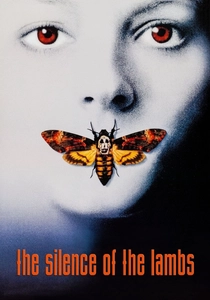
The Silence of the Lambs (1991)
Description: This film delves into the mind of Hannibal Lecter, a brilliant psychiatrist and cannibalistic serial killer, exploring themes of manipulation, intelligence, and the nature of evil.
Fact: Jodie Foster won an Academy Award for Best Actress for her role as Clarice Starling. The film is one of only three films to win the "Big Five" Oscars.
 Watch Now
Watch Now
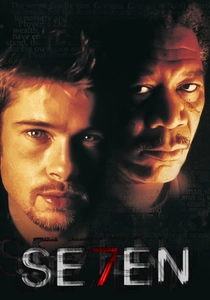
Se7en (1995)
Description: A detective thriller where a serial killer uses the seven deadly sins as his modus operandi, showcasing the depth of human depravity and the struggle against it.
Fact: The film's ending was kept a secret from the cast until the last day of shooting. The word "seven" is never spoken in the film.
 Watch Now
Watch Now
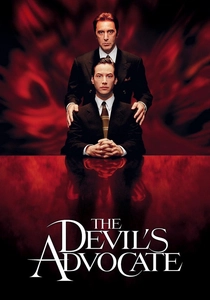
The Devil's Advocate (1997)
Description: A legal thriller where the protagonist unknowingly works for the Devil, exploring themes of temptation, ambition, and the corrupting influence of power.
Fact: Al Pacino's character, John Milton, is named after the author of "Paradise Lost." The film's ending was reshot to make it less ambiguous.
 Watch Now
Watch Now
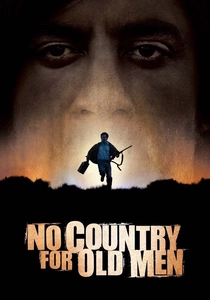
No Country for Old Men (2007)
Description: This Coen Brothers' masterpiece portrays Anton Chigurh, an embodiment of pure, unadulterated evil, whose actions are driven by a chilling sense of fate and morality.
Fact: The film won four Academy Awards, including Best Picture. Javier Bardem's portrayal of Chigurh was inspired by real-life serial killer Richard Kuklinski.
 Watch Now
Watch Now

